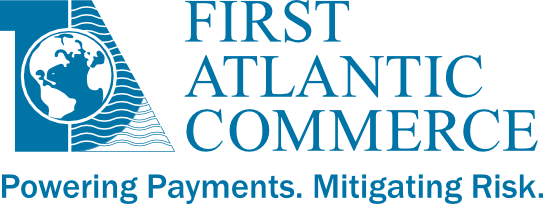The demand and usage of VPNs has gathered steam to such a point that Forbes now estimate that there is a $15 billion global VPN market. VPNs ask questions of multiple industries, but the payments arena is uniquely affected. Speed is a potential sticking point; as is the obfuscation of connecting IDs, which can amplify security concerns. However, as VPNs have advanced their technology, they have arguably become a tool that payments processors can take advantage of.
Raising the payments bar
VPNs are ultimately a tool that can enfranchise internet users that are otherwise blocked from accessing content. VPNs are already being used in Russia to allow a greater level of digital freedom, according to Risk Insights, and have also emboldened more people to increase their online shopping activity due to the assurance they provide. VPNs also have a number of innovative underlying technologies such as pass through, that allow a greater number of people to be accessing the internet and using payments services at any one time. In principle, VPNs are a vehicle for allowing greater access to payments.
Enhancing security
While there is a technology-led barrier between true VPN and payments integrating, leading to sometimes unacceptable delays and timeouts in processing, technology has improved. Largely down to competition, most major VPN providers now fight for custom with the quality and speed of their connections as a selling point. Furthermore, there is evidence that VPNs actually enhance security, rather than detracting from it where payments companies are concerned. As ZdNet point out, the protection of customer data at all stages of a transfer reduces the ability of would-be criminals to either steal information or transpose their own information into transactions.
An important caveat
Not all VPNs are good. Many free VPN services will be loaded with the type of telemetrics tools that VPNs seek to circumvent. Furthermore, a study reported by Wired found that the majority of mobile VPNs have significant security issues. This certainly isn’t the case for most VPNs, and a good quality paid service will often provide exactly what the customer – or provider – require. However, vigilance is essential.
VPNs present issues for the payments industry, but beneath the logistical problems lies opportunity. Enhanced security, greater enfranchisement of those without access to the internet, and ever improving technology make VPNs good for the payments industry. The industry looks set to keep growing with pace, so the best option is to adapt and reap the rewards.
By Jennifer Glenn


